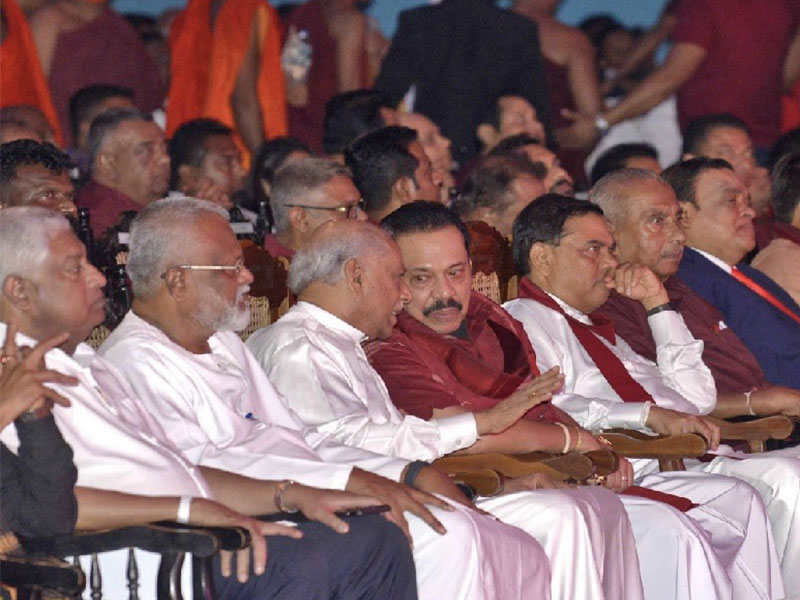Sri Lanka’s 2024 elections, both presidential and general, loom large on the horizon. Uncertainty dominates the air, fueled by the cracks within the current SLPP-UNP coalition. President Wickremesinghe’s potential option for an early presidential election to leverage economic stabilization adds another layer of complexity
SLPP’s dilemma:
Torn between fielding their candidate and supporting Wickremesinghe, the SLPP grapples with a critical decision. Backing Wickremesinghe risks playing second fiddle to the UNP and jeopardizing their political dynasty. Yet, distance from unpopular government measures adopted at the behest of the IMF remains crucial. Fielding Dhamaika Perera is an option, but all of the Rakapaksha clan are not agreable to the plan as Dhamika Perera could shift his loyalties at any time.
Other players managing:
While the SLPP faces internal discord, other parties smell opportunity. UNP, SJB, and NPP exude optimism about improving their performance. Meanwhile, SLPP defectors siding with Wickremesinghe further weaken the party’s position, and reportedly many of the SLPP are to cross over to the SJB, and it is not sure if they will be welcomed by the SJB.
Uncertain future:
The Rajapaksas’ unclear game plan adds to the overall uncertainty. Public dissatisfaction with the government hangs heavy, potentially impacting the SLPP’s chances. All eyes are on the upcoming elections, with each party harbouring aspirations and facing its own challenges. On the other hand, it is no secret that the Rajapaksha camp and the Rajapaksha themselves would have to face many legal battles with a change of government.
Namal Rajapaksa has been accused of money laundering He has also been accused of defrauding public money through Nimal Perera and Thirukumar Nadesan. Yoshitha Rajapaksa, the second son of Mahinda Rajapaksa, was arrested under Sri Lanka’s money laundering act for “financial irregularities” at a popular sports network he owned.







